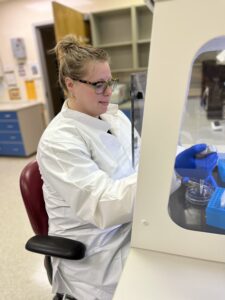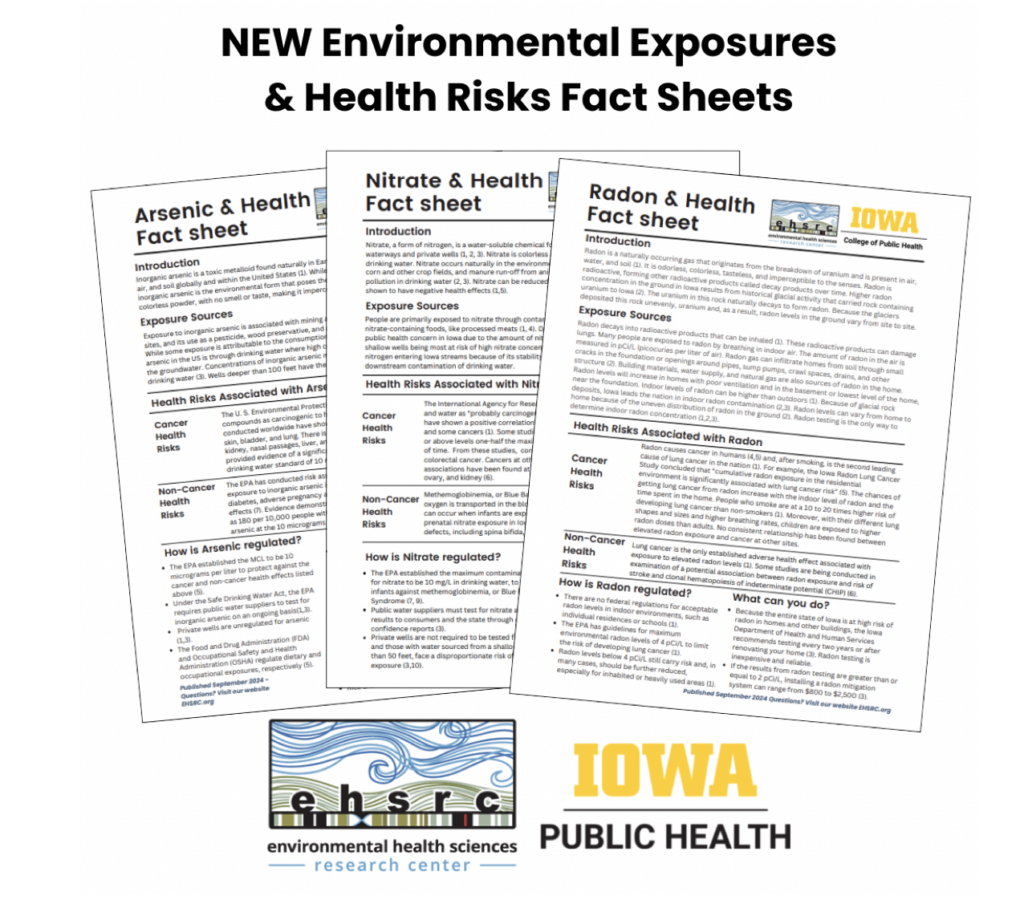 The RFA for the Spring 2025 Pilot Grant Program (PGP) is now available! The PGP provides up to $40,000 for innovative, environmental health-related research proposals aligned with the National Institute of Environmental Health Sciences (NIEHS) Strategic Plan. Community engagement supplements up to $5,000 in additional funds are also available.
The RFA for the Spring 2025 Pilot Grant Program (PGP) is now available! The PGP provides up to $40,000 for innovative, environmental health-related research proposals aligned with the National Institute of Environmental Health Sciences (NIEHS) Strategic Plan. Community engagement supplements up to $5,000 in additional funds are also available.
The expected start date for awards is April 1, 2025.
Deadlines:
-
January 15, 2025: Preliminary communications as outlined in RFA
-
February 1, 2025: Final Submission


 Dr. Hans-Joachim Lehmler has been named the 2024 College of Public Health Distinguished Faculty Lecturer. He is a professor in the Department of Occupational and Environmental Health in the University of Iowa College of Public Health, and the director of the Environmental Health Sciences Research Center (EHSRC).
Dr. Hans-Joachim Lehmler has been named the 2024 College of Public Health Distinguished Faculty Lecturer. He is a professor in the Department of Occupational and Environmental Health in the University of Iowa College of Public Health, and the director of the Environmental Health Sciences Research Center (EHSRC).